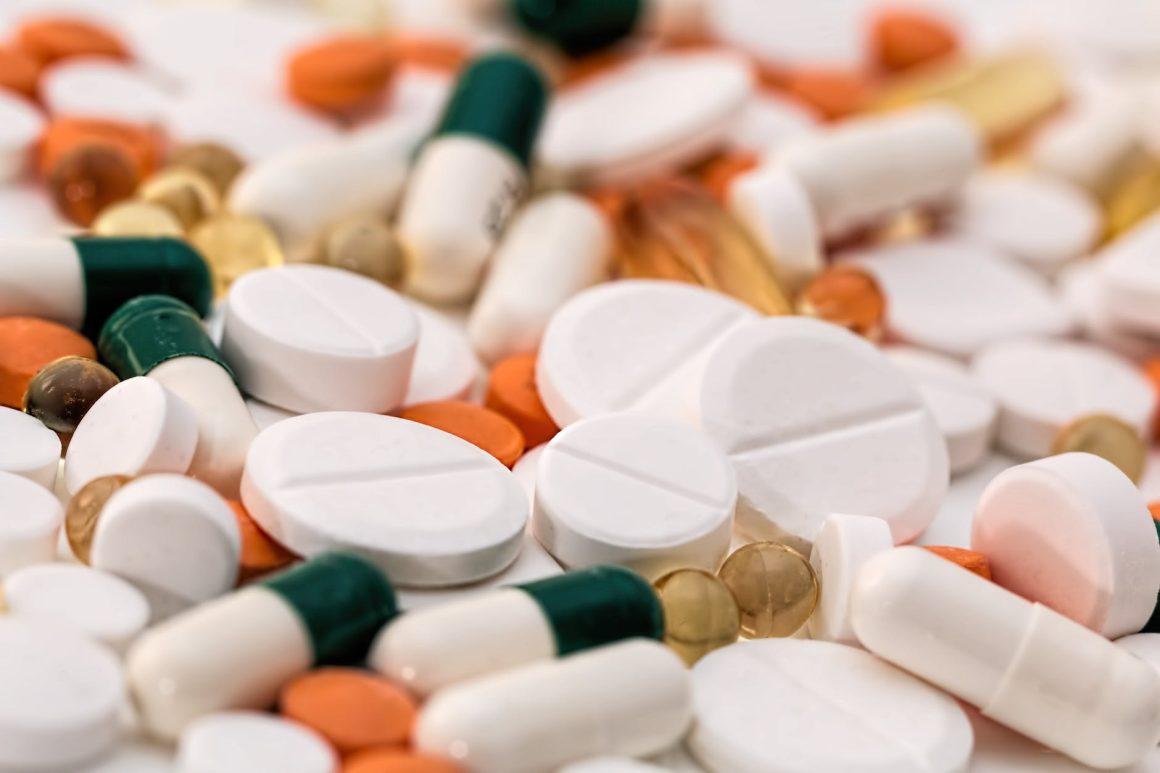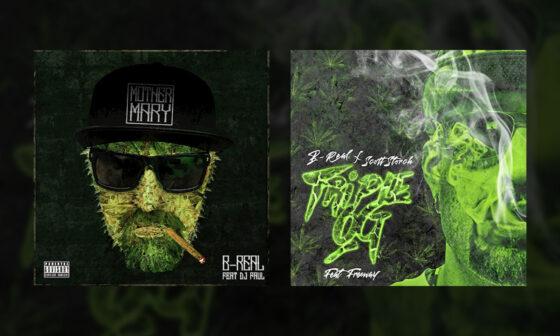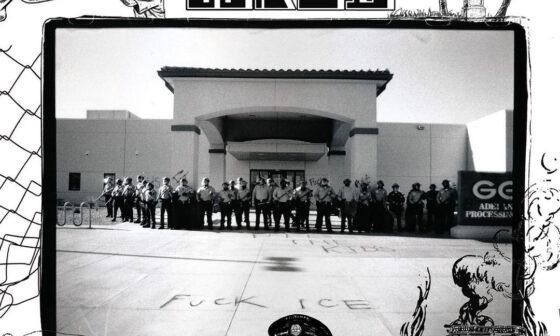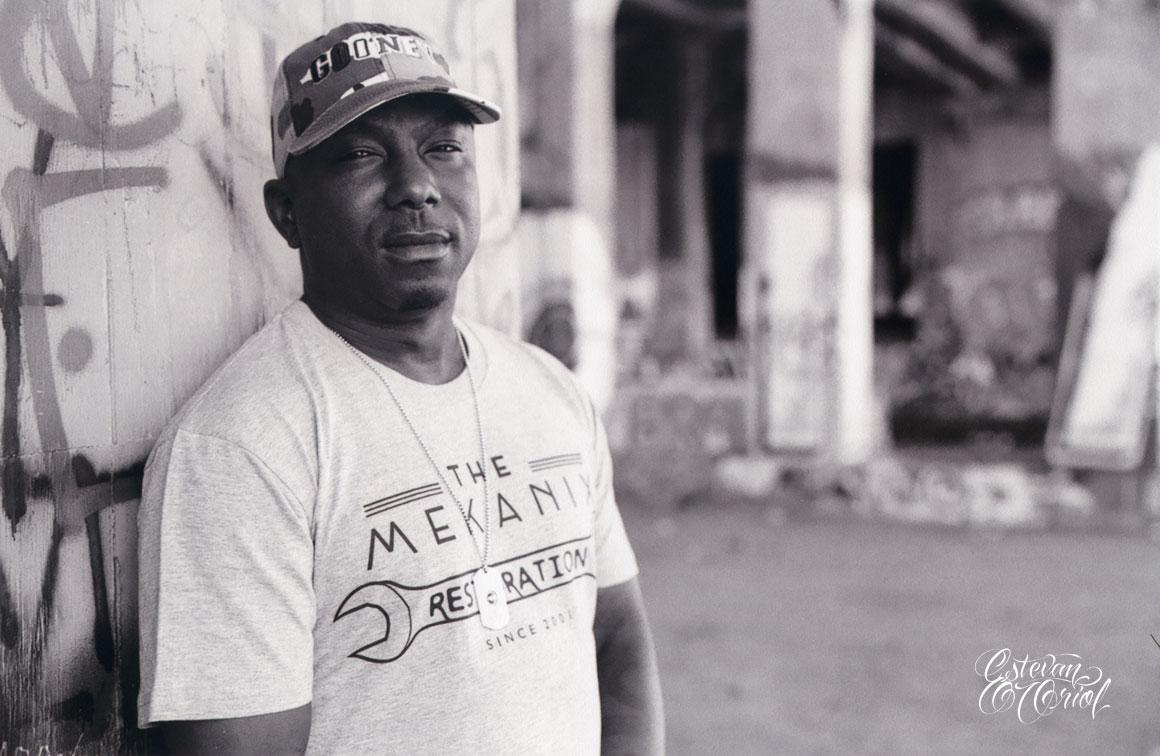Words by Frederick Moore
There used to be a stereotype that every other rapper smokes weed or consumes at least one kind of drug. What is the root of these beliefs?
What role drugs played in hip-hop history and how has the attitude towards drugs changed over time?
For many years within rap culture, rappers have chanted the praises of illicit substances. They made many people believe that getting high is the best feeling and can help to avoid (or somehow solve) the problems that disturb them. However, recently the tendency has been changing. Many rappers have had or have a dependency on various substances. Some of them have faced the rehab process, and some have felt the negative consequences on their own (the loss of social face and problems in interpersonal communication). The question is: how did they fight it? Keep reading the article to find real-life examples.
The young rappers have understood what the negative (and sometimes mortal) consequences of taking drugs are, partially because some of them were in an alcohol treatment center or drug rehab facility (Addiction Resource gives more info). To give you an example, Macklemore. “The Unruly Mess I’ve Made”, released in Feb 2016 by Macklemore, raises the question of addiction (“I probably shouldn’t have done the drugs I’ve done; A couple of days ago, detox son”).
In one of his interviews, he says being transparent, that addiction is difficult to overcome, but his music helped him to stay sober. He has also said that making music about drug rehabilitation programs makes him feel better because he sees this as an opportunity to warn other people, which, for him, means to help them. He appeals not to use drugs, because it may cause many troubles, which would be difficult to solve.
More and more rappers now are telling their stories of recovery from being addicted in order to inspire the youth to give up consuming illicit substances and reach out to addiction treatment centers.
Why are references to drugs prevalent in rap songs?
The study, conducted in 2008 by scientists from the University of California, Berkeley, found that from 1979 to 1997, the references to drugs in rap compositions had drastically increased. The thing is that, because of a long-termed tradition, rappers had been positively describing all kinds of illicit substances in their lyrics, but after some tremendous socioeconomic changes, which were boosted by a worldwide “views’ revolutions”, the number of drugs in songs has increased. About 69 percent of popular rap songs contained references to illicit substances or direct drug use by the end of 1993. Fast forward to 2005, that statistic is up to 77 percent. It is the highest percentage for the mention of illicit substances in any creative work.
What famous (or should we call them notorious?) rappers overcome their drug abuse?
Being “famous” usually means being a public person, so everyone can watch your life play out. Sometimes it is difficult for a person to live under such a microscope via paparazzi or the media. They try to relax from the outer world in very different ways. One of them, unfortunately, is drugs.
Lil Pump and Smokepurpp were widely known as for their use of Xanax. However, at the beginning of 2018, they decided to give it up.
In one of his recent interviews, Timbaland has confessed that he was drug abused (the drug was called OxyContin). The thing is that this abuse has almost taken his life.
After the death of Lil Peep in 2017, Lil Uzi Vert declared on social media that he is going to become sober soon.
Another famous rapper, RiFF RaFF, was addicted to cocaine, but at the beginning of the last year, he also decided to quit.
This is only a short list of people, who have got rid of the nasty habit, which could have taken their life at any moment. Surely, becoming sober is not a very easy path. It is difficult to say whether they tried to do it themselves or asked for help in a drug rehab facility or alcohol treatment center. Anyway, the essential thing is that they managed to overcome this drastic habit and now can have a better life.
Rap culture has changed these days, and this means that their music would change a bit also. Who knows, maybe in a decade rap would advocate a healthy lifestyle, diet, and sport.
About The Author
Frederick Moore is a blogger who investigates human health issues and behaviorist anthropology. He researches substance abuse problems and the ways to overcome addictions.






